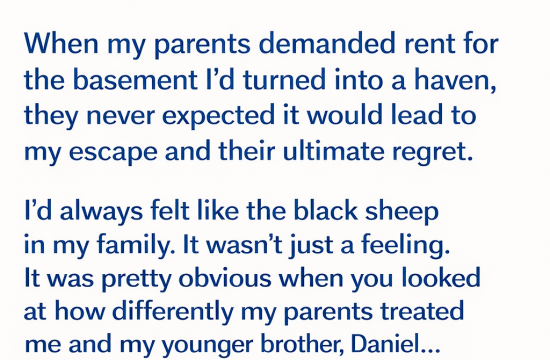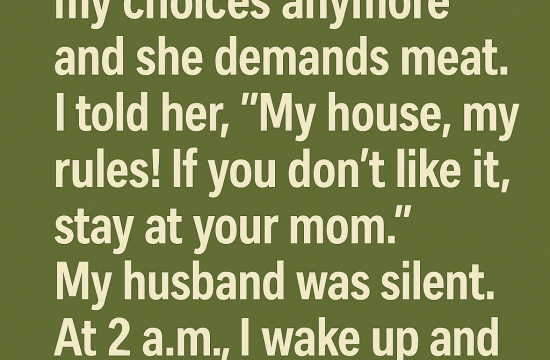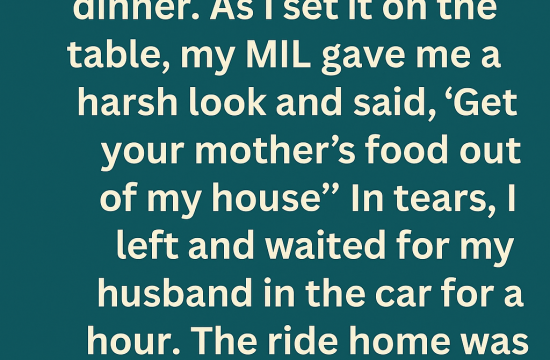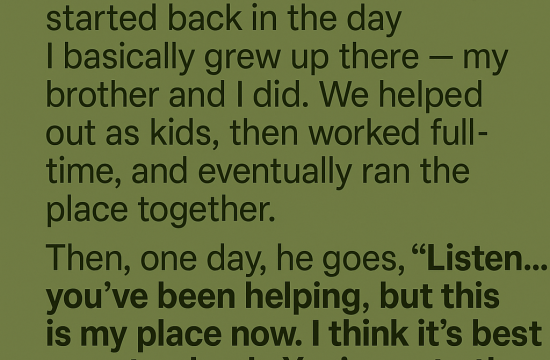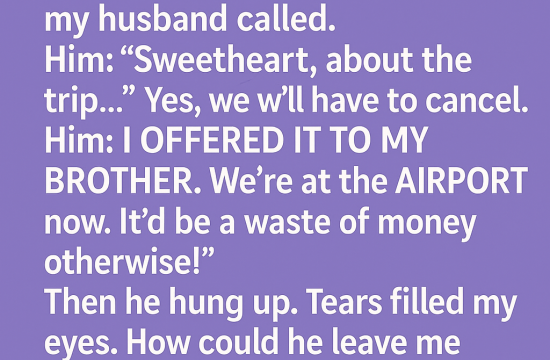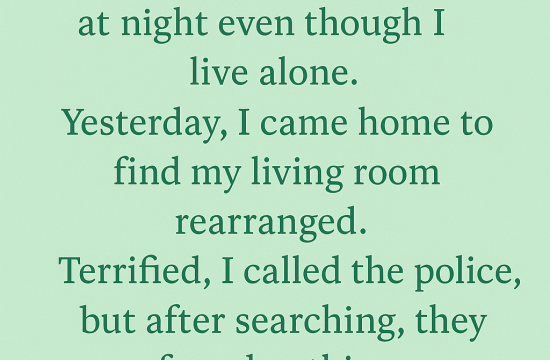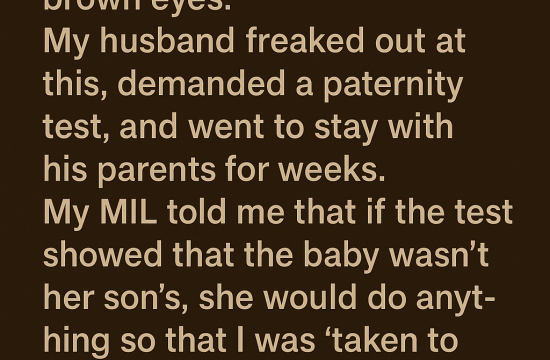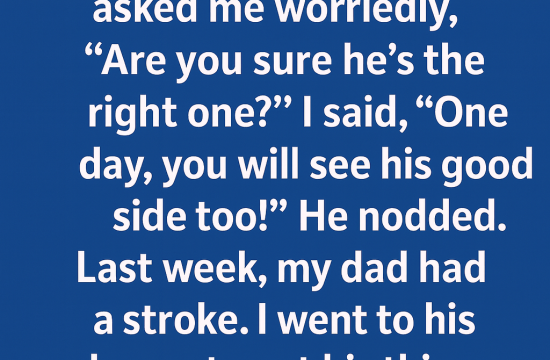My six-year-old daughter, Nari, received a beautiful $50 bento box from my sister—a vibrant little gift that made her eyes light up with joy.
But a few days later, she came home upset. A girl in her class named Audrey had taken the lunchbox and refused to give it back. When Nari told the teacher, she was brushed off: “It’s just a lunchbox.”
No, it wasn’t just a lunchbox.
So the next day, I went to the school. I calmly walked into the classroom, picked up the lunchbox, and handed it to my daughter. I didn’t yell or cause a scene. But I made sure the teacher heard me say, “This belongs to my daughter. It was a gift. It’s not just a lunchbox to her—and that matters.”
I thought that was the end of it.
It wasn’t.
By Thursday, I got a call from the principal asking me to come in “for a conversation.” When I arrived, Audrey’s mother was already there, arms crossed, glaring like I’d stolen from her child.
“You had no right to take something out of my daughter’s hands,” she began. “She cried after school. She was humiliated.”
I was stunned. “Your daughter kept my kid’s lunchbox for two days and refused to return it.”
“She didn’t know it wasn’t hers,” the mom replied.
“It has my daughter’s name etched on it. In gold,” I said.
The principal tried to mediate, eventually suggesting that maybe the girls should share the lunchbox until things settled down.
I blinked. “So someone steals something, and the solution is sharing it?”
That’s when it hit me—this wasn’t just about a lunchbox. This was about how quiet kids like Nari get overlooked. She’s shy. Polite. Non-confrontational. Audrey? Loud, bold, praised for her ‘leadership.’
But confidence without kindness isn’t leadership.
Later, I asked for a private word with Nari’s teacher. I needed to understand how she dismissed a six-year-old telling her something was taken.
The teacher looked exhausted. “Honestly, I thought it would sort itself out. It’s hard to tell sometimes who brings what…”
I showed her a photo on my phone—Nari holding the lunchbox with glowing eyes, thrilled. “It was clear to me. And it should’ve been clear to you.”
To her credit, the teacher apologized. She promised to speak with Audrey and address the class about respect and boundaries.
The next day, Nari came home beaming. “Audrey said sorry! I don’t think she meant it, but she said it.”
Progress.
But then, two weeks later, Nari came home without the lunchbox—again.
My heart sank. “Did someone take it?”
She shook her head. “I gave it to Audrey.”
“What? Why?”
Nari hesitated. “Audrey said she never gets nice stuff. Just dollar store lunchboxes. She said she just wanted to feel special… even for one lunch.”
That stopped me cold.
I wasn’t wrong to stand up for my daughter—she needed to know her feelings mattered. But maybe Audrey wasn’t being cruel. Maybe she was a child acting from lack, not malice. Maybe no one ever made her feel special.
So I talked to my sister. We found a simpler, colorful version of the same bento box online. We wrapped it with a note:
“Everyone deserves to feel special sometimes. Enjoy!”
We asked the school to give it to Audrey anonymously.
Two days later, Nari told me, “Audrey was different today. She let me borrow her crayons. She even gave me half her cookie.”
Maybe it was the lunchbox—or maybe it was just someone finally showing her kindness without judgment.
Here’s what I learned:
Standing up for your child matters. But looking deeper and leading with compassion? That’s what truly changes hearts.
Ayera Bint‑e has quickly established herself as one of the most compelling voices at USA Popular News. Known for her vivid storytelling and deep insight into human emotions, she crafts narratives that resonate far beyond the page.


